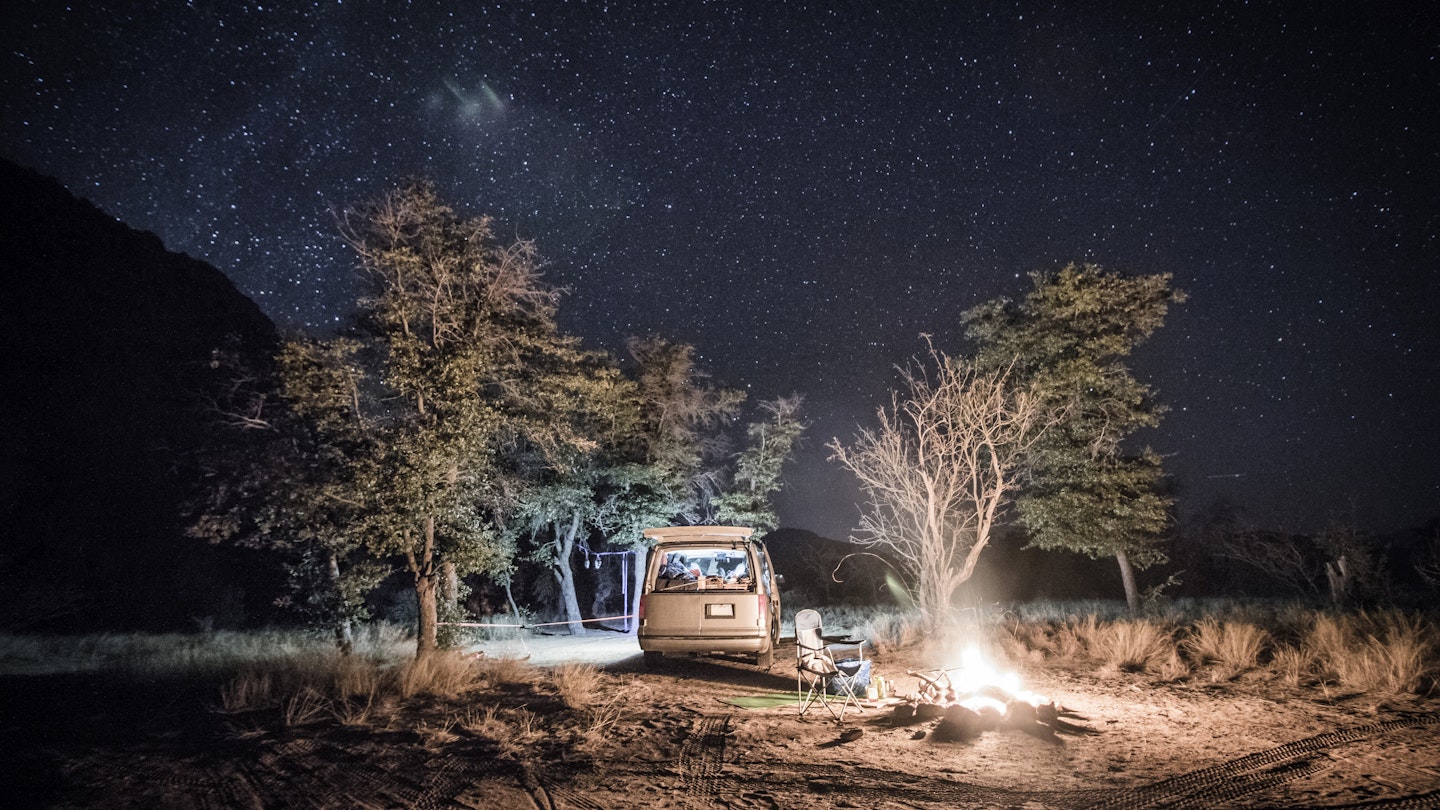The Boom of RV Travel in the US
Travel restrictions and social distancing issues have greatly affected most forms of travel due to the pandemic. Consequently, the recreational vehicle (RV) market in the has experienced record sales in recent months.
The Appeal of RVs
RVs are ideal for those who seek to avoid crowds, providing both transportation and temporary living quarters for travel, recreation, and camping. Approximately 11 million US households now own an RV, primarily categorized into motorized motorhomes and towable units that are hitched to family cars, vans, or pickups. According to the RV Industry Association (RVIA), deliveries to RV retailers reached an impressive 40,462 units in June, marking a 10.8% increase from June 2019. This total comprised 37,439 towable RVs and 3,023 motorhomes.
Trends in RV Ownership
RVIA reports that the surge in RV ownership over the last decade has been predominantly fueled by a strong interest from younger individuals and families leading an active outdoor lifestyle, alongside baby boomers entering retirement. Notably, folding camping trailers and Type B RVs in the motorhome segment have seen substantial growth, reflecting the increased interest from younger, first-time buyers enchanted by the #Vanlife phenomenon.

Shifting Travel Preferences
A recent report by peer-to-peer RV rental marketplace RVshare, indicated that 93% of those surveyed expressed a desire to avoid crowds, while 84% intended to travel with their partner or immediate family rather than friends or extended family over the summer months. For further insights on the RVIA report, please see this link.
As global lockdowns ease, people are adjusting to a new normal. The surge in RV ownership highlights a significant shift towards outdoor, socially distanced travel, emphasizing the need for safe options in this evolving landscape.




